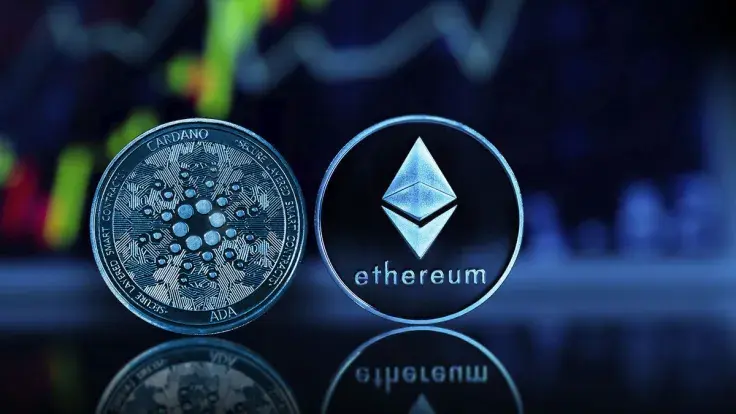
Disclaimer: The opinions expressed by our writers are their own and do not represent the views of U.Today. The financial and market information provided on U.Today is intended for informational purposes only. U.Today is not liable for any financial losses incurred while trading cryptocurrencies. Conduct your own research by contacting financial experts before making any investment decisions. We believe that all content is accurate as of the date of publication, but certain offers mentioned may no longer be available.
Milkomeda, a Layer 2 protocol, has announced the exciting news that the Djed stablecoin protocol is coming to Milkomeda-C1, the EVM-compatible sidechain of Cardano.
Launched in March 2022, Milkomeda C1 enables Ethereum dApps to be deployed in the Cardano ecosystem. Milkomeda C1 opens the doors for users to take advantage of a slew of dApps thanks to EVM compatibility.
📢Breaking News!
— Milkomeda (there is no token) (@Milkomeda_com) April 26, 2023
The Djed stablecoin protocol is coming to Milkomeda-C1, the EVM-compatible sidechain of Cardano.
This marks the third deployment of Djed, and the first one in Solidity! #Djed #Milkomeda #Cardano https://t.co/U7KdCFd90N?from=article-links
Now, the Djed protocol will be launched on the sidechain, marking its third deployment, just months after the stablecoin launched in late January this year.
It will also mark the first deployment of Djed implemented in the Solidity smart contract programming language, opening the door for its expansion to several additional EVM-compatible blockchains.
According to a blog post by Djed Alliance, the steward of the Djed Stablecoin Protocol, which supports various implementations and deployments of the protocol on multiple blockchains and promotes healthy collaboration between them, the deployment on Milkomeda-C1 is based on version O (Osiris) of the protocol.
The deployment on the sidechain would be the first that is fully autonomous. Djed's Version O uses a new oracle controlled by Milkomeda's nodes, which checks prices every 10 seconds to offset delays, and provides a transaction limit to reduce reserve draining in case of oracle delays.
Osiris' primary point of differentiation is that it allows reserve coins and stablecoins to be simultaneously sold back to the Djed contract, regardless of the reserve ratio, so long as the sale does not lower the reserve ratio.
In the Djed protocol, a "reserve coin" denotes ownership of a portion of the surplus of the underlying reserves of the base coin.

 Dan Burgin
Dan Burgin Vladislav Sopov
Vladislav Sopov